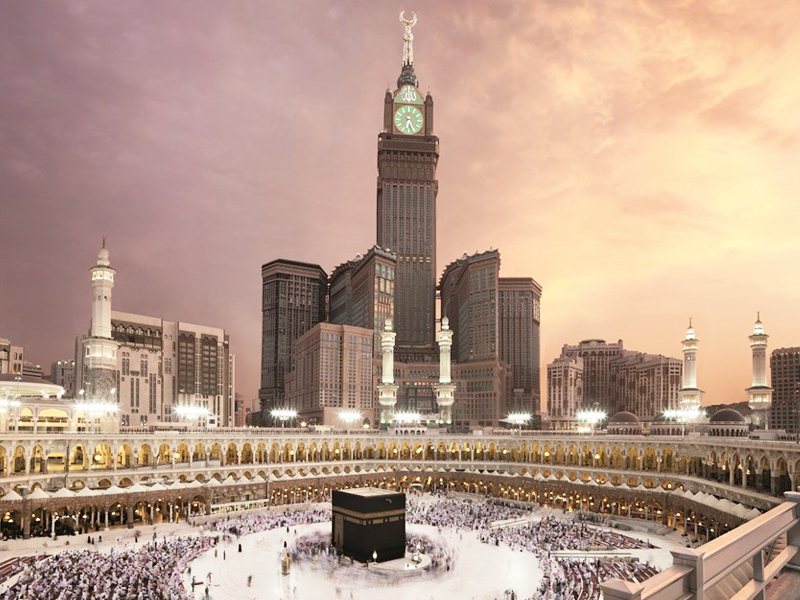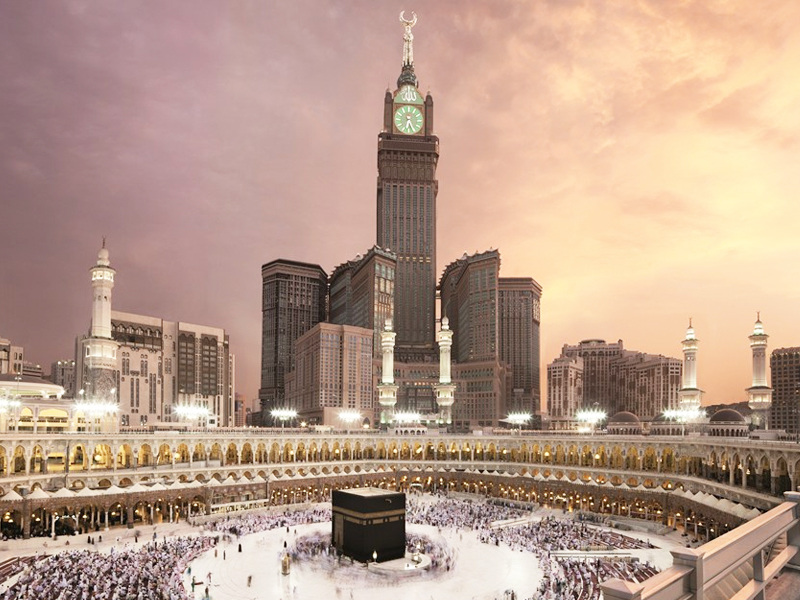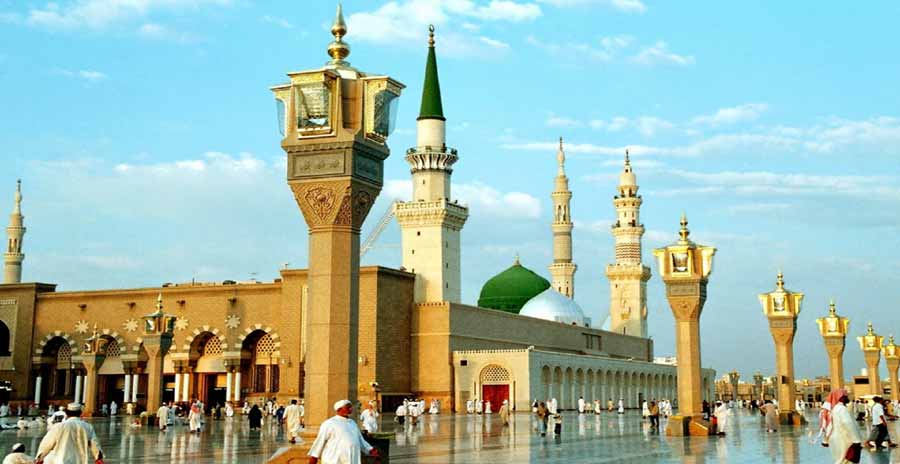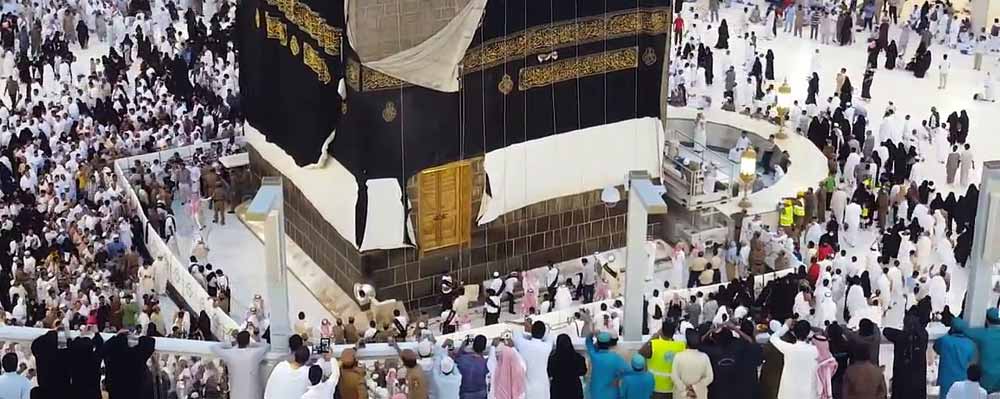Sha’ban is one of the meritorious months for which we find some particular instructions in the Sunnah of Prophet Muhammad, Sall-Allahu alayhi wa sallam. It is reported in the authentic ahadith that Prophet Muhammad, Sall-Allahu alayhi wa sallam, used to fast most of the month in Sha’ban. These fasts were not obligatory on him but Sha’ban is the month immediately preceding the month of Ramadan. Therefore, some preparatory measures are suggested by Prophet Muhammad, Sall-Allahu alayhi wa sallam. Some of these are given below:
1. The blessed companion Anas, Radi-Allahu anhu, reports that Prophet Muhammad, Sall-Allahu alayhi wa sallam, was asked, “Which fast is the most meritorious after the fasts of Ramadan?” He replied, “Fasts of Shaban in honor of Ramadan.”
2. The blessed companion Usama ibn Zaid, Radi-Allahu anhu, reports that he asked Prophet Muhammad, Sall-Allahu alayhi wa sallam: “Messenger of Allah, I have seen you fasting in the month of Sha’ban so frequently that I have never seen you fasting in any other month.” Prophet Muhammad, Sall-Allahu alayhi wa sallam, replied: “That (Sha’ban) is a month between Rajab and Ramadan which is neglected by many people. And it is a month in which an account of the deeds (of human beings) is presented before the Lord of the universe, so, I wish that my deeds be presented at a time when I am in a state of fasting.”
3. Ummul Mu’mineen ‘Aishah, Radi-Allahu anha, says, “Prophet Muhammad, Sall-Allahu alayhi wa sallam, used to fast the whole of Sha’ban. I said to him, ‘Messenger of Allah, is Sha’ban your most favorite month for fasting?’ He said, ‘In this month Allah prescribes the list of the persons dying this year. Therefore, I like that my death comes when I am in a state of fasting.”
4. In another Tradition she says, “Prophet Muhammad, Sall-Allahu alayhi wa sallam, would sometimes begin to fast continuously until we thought he would not stop fasting, and sometimes he used to stop fasting until we thought he would never fast. I never saw the Messenger of Allah, Sall-Allahu alayhi wa sallam, fasting a complete month, except the month of Ramadan, and I have never seen him fasting in a month more frequently than he did in Sha’ban.”
5. In another report she says, “I never saw the Messenger of Allah, Sall-Allahu alayhi wa sallam, fasting in a month so profusely as he did in the month of Sha’ban. He used to fast in that month leaving only a few days, rather, he used to fast almost the whole of the month.”
6. Ummul-Mu’mineen Umm Salamah, Radi-Allahu anha, says: “I have never seen the Messenger of Allah fasting for two months continuously except in the months of Sha’ban and Ramadan.”
These reports indicate that fasting in the month of Sha’ban, though not obligatory, is so meritorious that Prophet Muhammad, Sall-Allahu alayhi wa sallam, did not like to miss it.
But it should be kept in mind that the fasts of Sha’ban are for those persons only who are capable of keeping them without causing deficiency in the obligatory fasts of Ramadan. Therefore, if one fears that after fasting in Sha’ban, he will lose strength or freshness for the fasts of Ramadan and will not be able to fast in it with freshness, he should not fast in Sha’ban, because the fasts of Ramadan, being obligatory, are more important than the optional fasts of Sha’ban. That is why Prophet Muhammad, Sall-Allahu alayhi wa sallam, himself has forbidden the Muslims from fasting one or two days immediately before the commencement of Ramadan. The blessed Companion Abu Hurairah, Radi-Allahu anhu, reports Prophet Muhammad, Sall-Allahu alayhi wa sallam, to have said, “Do not fast after the first half of the month of Sha’ban is gone.”
According to another report Prophet Muhammad, Sall-Allahu alayhi wa sallam has said: “Do not precede the month of Ramadan with one or two fasts.”
The essence of the above-quoted ahadith is that Prophet Muhammad, Sall-Allahu alayhi wa sallam, himself used to fast most of the month of Sha’ban, because he had no fear of developing weakness or weariness before the commencement of Ramadan. As for others, he ordered them not to fast after the 15th of Sha’ban for the fear that they would lose their strength and freshness before Ramadan starts, and would not be able to welcome the month of Ramadan with enthusiasm.
Our Packages Given Below:
Umrah Packages | Hajj Packages | Ramadan Umrah Packages | December Umrah Packages
Article by: albalagh.net



